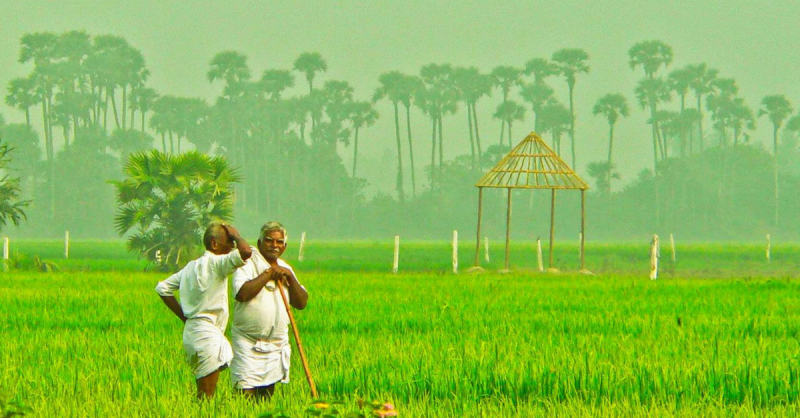
Understanding the severity of the Regional Comprehensive Economic Partnership (RCEP) trade agreement, Agriculture Minister Narendra Singh Tomar on Tuesday said he has communicated to his commerce counterpart to protect the farmers’ interest in the proposed (RCEP) trade agreement whose negotiations are in the final stages.
While Commerce Minister Piyush Goyal heading to Bangkok for the ministerial meeting on the Regional Comprehensive Economic Partnership later this week, Tomar has asked the commerce ministry to take the matter seriously and to keep farmers’ interest as the top priority.
“We have given our inputs to the Commerce Ministry. We have communicated that farmers’ interest is our priority and that must be kept in mind,” Mr. Tomar told reporters. He also added that farmers should not suffer losses due to the RCEP pact while refusing to elaborate on any specific concerns that the Agriculture Ministry may have raised or specific safeguards it wants to be put in place.
The RCEP is a proposed free trade agreement between India, China, Japan, South Korea, Australia, New Zealand and the ten member-states of the ASEAN (Association of Southeast Asian Nations). Negotiations have been ongoing since 2012 and India faces increasing pressure while New Zealand and Australia are trying to negotiate very hard with India to reduce the duty on dairy products so that they can get access to India, which is the world's largest market of dairy products.
What’s the Major Concern?
Various industry sectors have concerned about the possibility of large-scale dumping of Chinese goods and its severe impact on Indian manufacturing and agriculture.
As per the report, Prime Minister Narendra Modi chaired a review meeting on Monday regarding the current status of the negotiations with the Ministers of Home and External Affairs, Finance and Commerce, according to senior officials. But, neither the Agriculture Minister nor the Animal Husbandry Minister was present.
Previously, Animal Husbandry Minister of State Sanjeev Balyan has also raised concerns over the dairy industry with the Commerce Minister and been assured by Mr. Goyal that dairy would be left out of RCEP.
R.S. Sodhi, managing director of Amul, told journalist, “Dairy is not just a business in India, it’s a source of livelihood for millions. RCEP will cause widespread unemployment and reduce the income of rural farmers. And we don’t need it – government projections show there will be a surplus from domestic production itself,” he said. “At the end of the day, it’s a question of whether you want to help 10,000 farmers in New Zealand or 10 crore farmers in India.”















